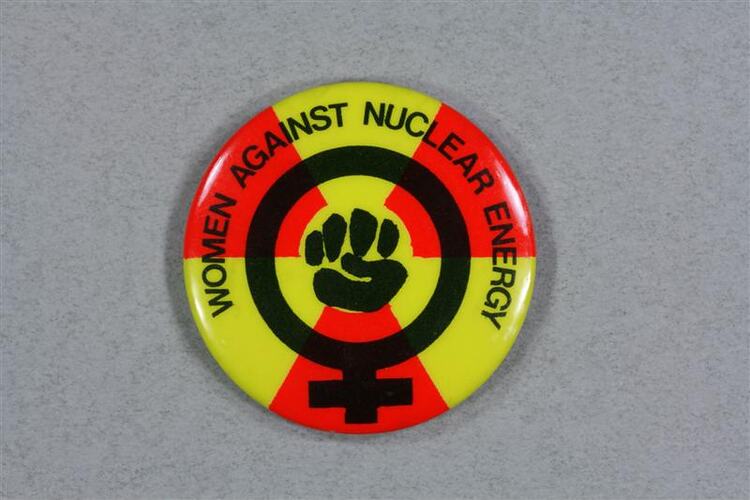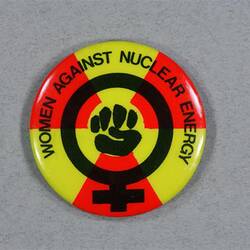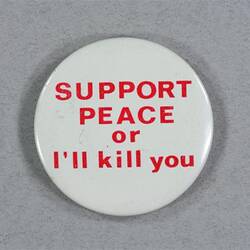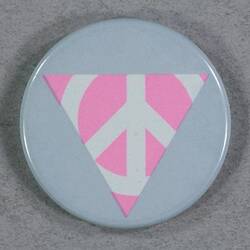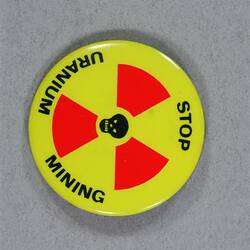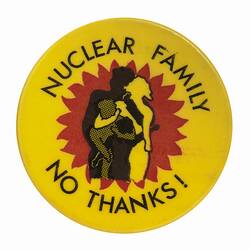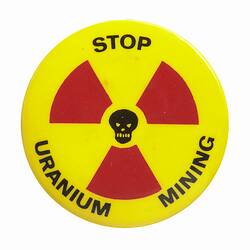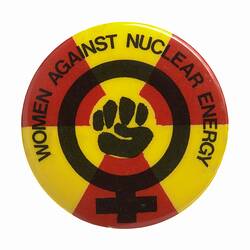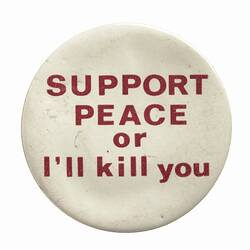Nuclear disarmament is the proposed dismantling of nuclear weapons. Proponents of nuclear disarmament say that it would lessen the probability of nuclear war occurring, especially accidentally. Critics of nuclear disarmament say that it would undermine deterrence, which, through the possession and threatened use of nuclear weapons, has kept the world free of nuclear war since 1945.
The movement for disarmament has varied from nation to nation. A few prominent proponents of disarmament argued in the earliest days of the Cold War that the creation of an international watchdog organisation could be used to enforce a ban against the creation of nuclear weapons. This initial movement largely failed. During the 1960s, a much stronger popular movement against nuclear weapons developed, rallying primarily around the fear of nuclear fallout from nuclear testing.
After the Partial Test Ban Treaty (1963) which prohibited atmospheric testing, the movement against nuclear weapons was largely quiet through the 1970s, though the movement against nuclear power drew in strength. In the 1980s, a popular movement for nuclear disarmament gained momentum in light of the weapons build-up and aggressive rhetoric of US President Ronald Reagan. After the end of the Cold War in the early 1990s the momentum again faded.
Over the years, many organisations have put pressure on governments to change their nuclear policy. For example, the Campaign for Nuclear Disarmament (CND), which advocated a policy of unilateral nuclear disarmament in the United Kingdom, influenced Labour party policy in 1960-61 and again in 1980-89. In Australia, groups like the Australian Greens, Greenpeace, the Nuclear Disarmament Party and People for a Nuclear-Free Australia continue to champion this cause.
References: Information has in been drawn from Wikipedia page 'Nuclear Disarmament'.
More Information
-
Keywords
-
Authors
-
Article types
